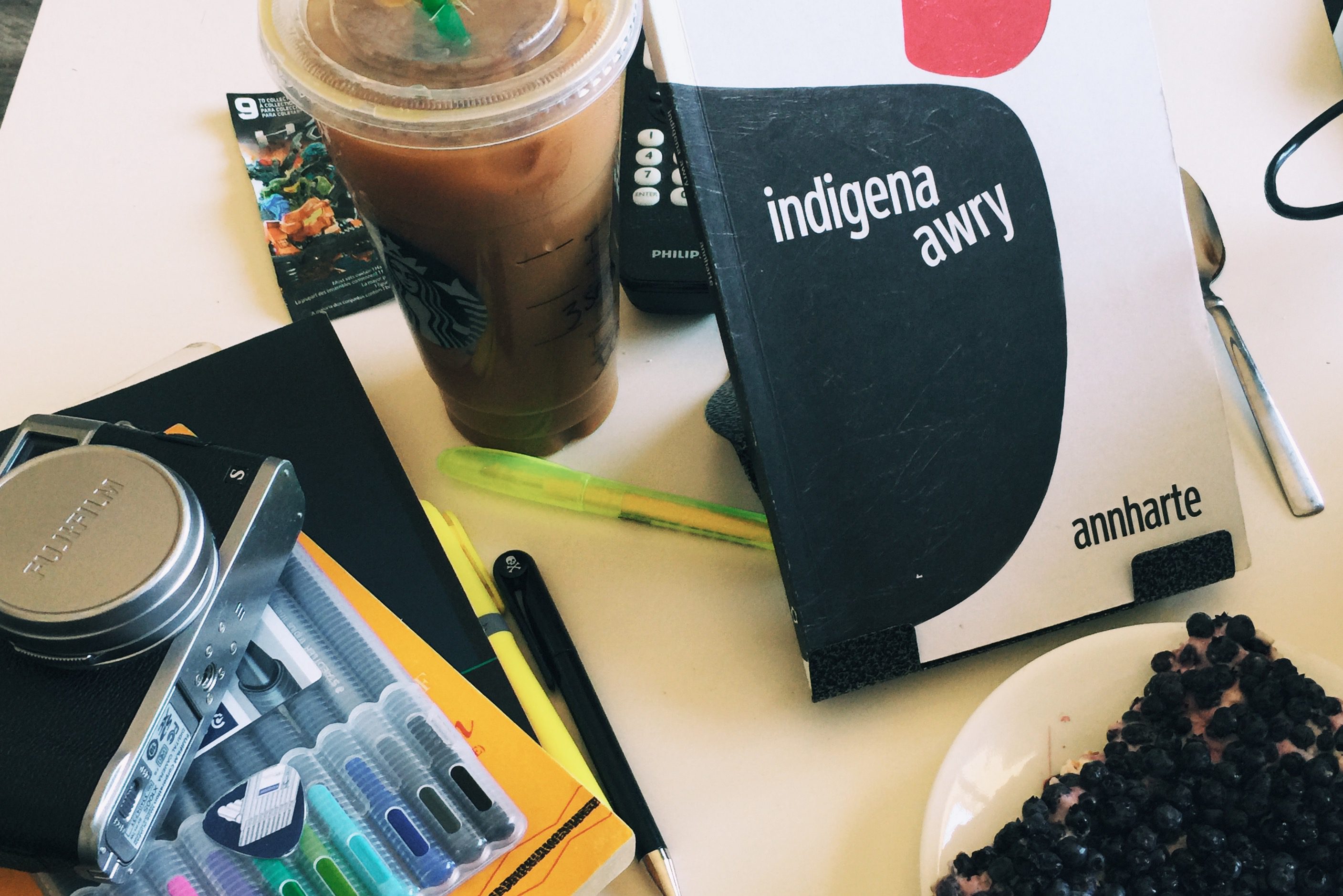
This collection is Annharte’s latest collection. It is similar to her previous work, with a string use of “red English” as well as the stream of consciousness lyrical poems. Her forms do switch up throughout the book, and I think it may both reflect her mastery of the poetic style as well as a nod to the multiple ways that oral storytellers can share story – through a short slapstick joke, through an epic tale of journey, we shall see.
Not the Native Way – p.29
This poem is a commentary about two ideas that are tied together. The first stanza is from the speaker’s perspective, speaking about how she hates how people lie constantly about identity and that it makes it hard for her to accept them. She is “sick of the lies.”
The second stanza, at first, seems off left field when it starts in about how North of 60 makes the reader sick. There is a sharp, structured dialogue that doesn’t allow for buildup and it “goes for the jugular right away.” She ends with a comment that “not much laughs for all the serious show” as a statement about North of 60.
I think both stanzas reflect the ideas or moments that are in contrast with what the speaker considers “the native way” – the native way is not about lying about who you are, and the native way is not about hurting people with your words. The second stanza also reflects about how the lack of laughter is not the native way, instead reminding us that indian humour is essential, or fundamental, to who we are.
Lady Earth Diver – p. 63
I kind of love how Annhart plays with language and ideas in her work. In the first part, this poem shows us that the “Lady” is an animal – she has paws and is sleek in the water. She dives down into an earth covered with water, and “[t]he water beings must have known she would hit bottom.” Finally, she reaches bottom and picks up a piece of earth, bringing it to the surface. She knew that “[o]n Turle’s back, this gift would grow.”
In the second part, the speaker talks about how she is convinced “that I spoke my mother language, Ojibwa, with my mother” but that when her mother disappeared, “I learned silence.” She talks about how that loss is referred to as “end of mother tongue fluency in a person” and she wonders: “Did I feel numbness? Did my breath stop as it does in near drowning?”
In a way, this poem feels hopeful. If we were to assume that the Otter and the Young Child were one an date same, diving for earth/tradition, the Otter survived – why couldn’t the language of the mother tongue?
Indigenous Verse Ability – p. 119
Annharte uses “red English” in this poem, accenting spoken english with the dialect structure of Indigenous people who have used English as a second language. The speaker is telling a story of how one must “dress accordingly” when applying for Indigenous jobs, where they would “fuk wid Indin expert” and how one should never forget that “internal voice represents eternal Injunaity.”
The last stanza is about having the strength to persevere, even when we don’t fit the ideal in their heads about what an Indian should sound like.
I feel that there is so much more here to unpack, but that i don’t understand all of it. Why would I choose a poem that I don’t understand? To challenge myself, to let myself ponder, to let myself think about it a bit more, and come back to it.
We don’t have to understand it, all the time.
buy the book: indigent awry – annharte


